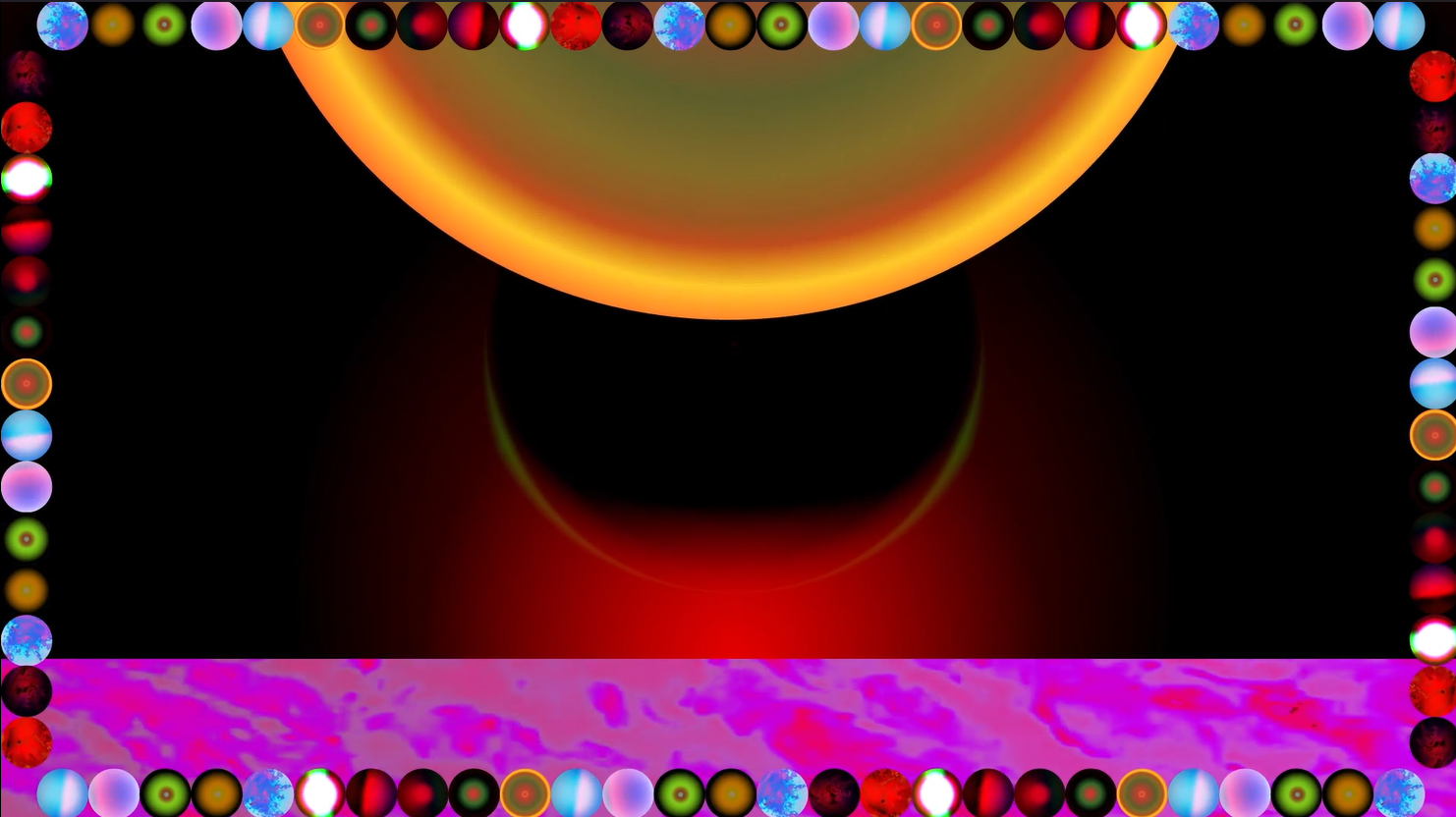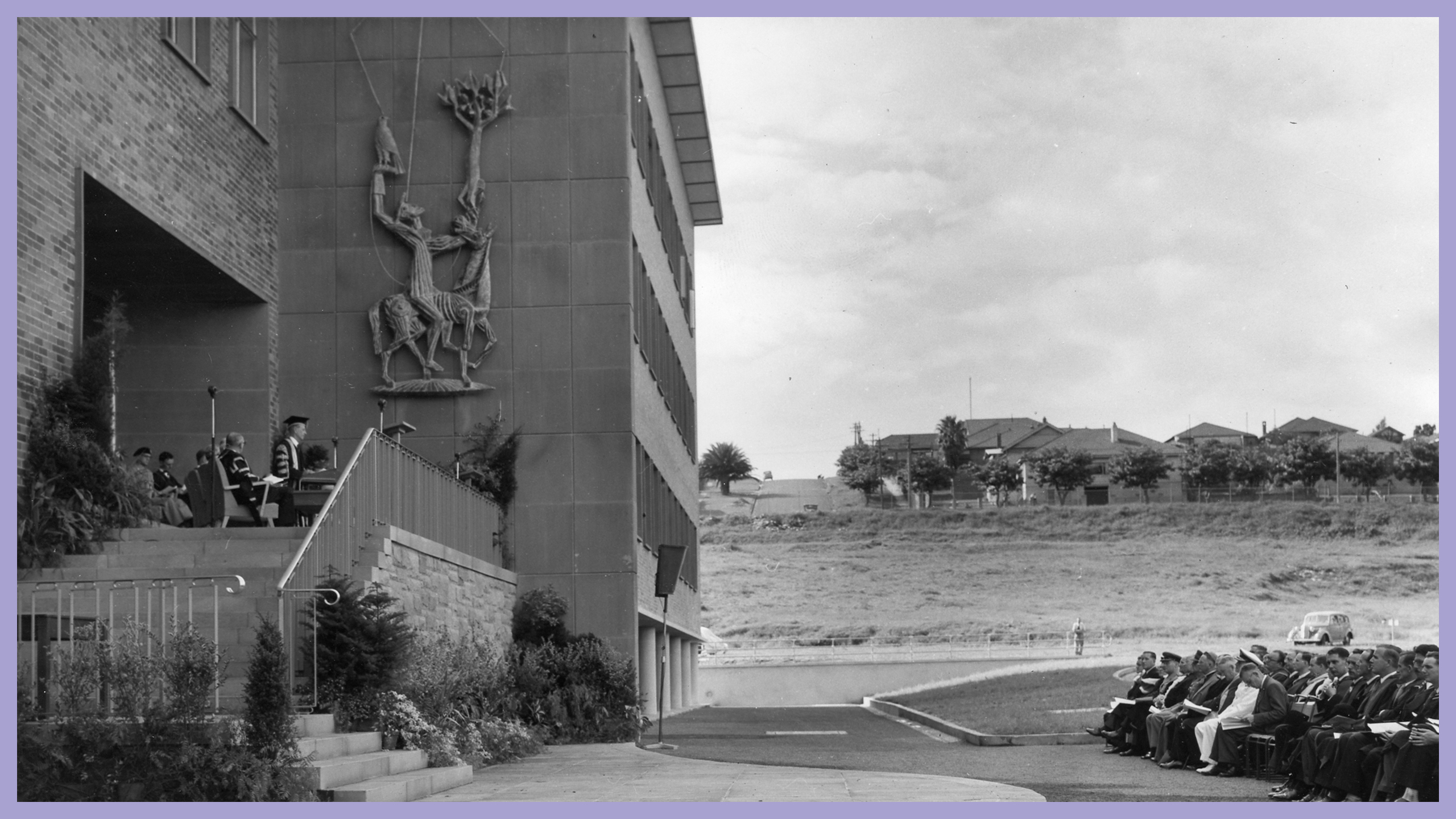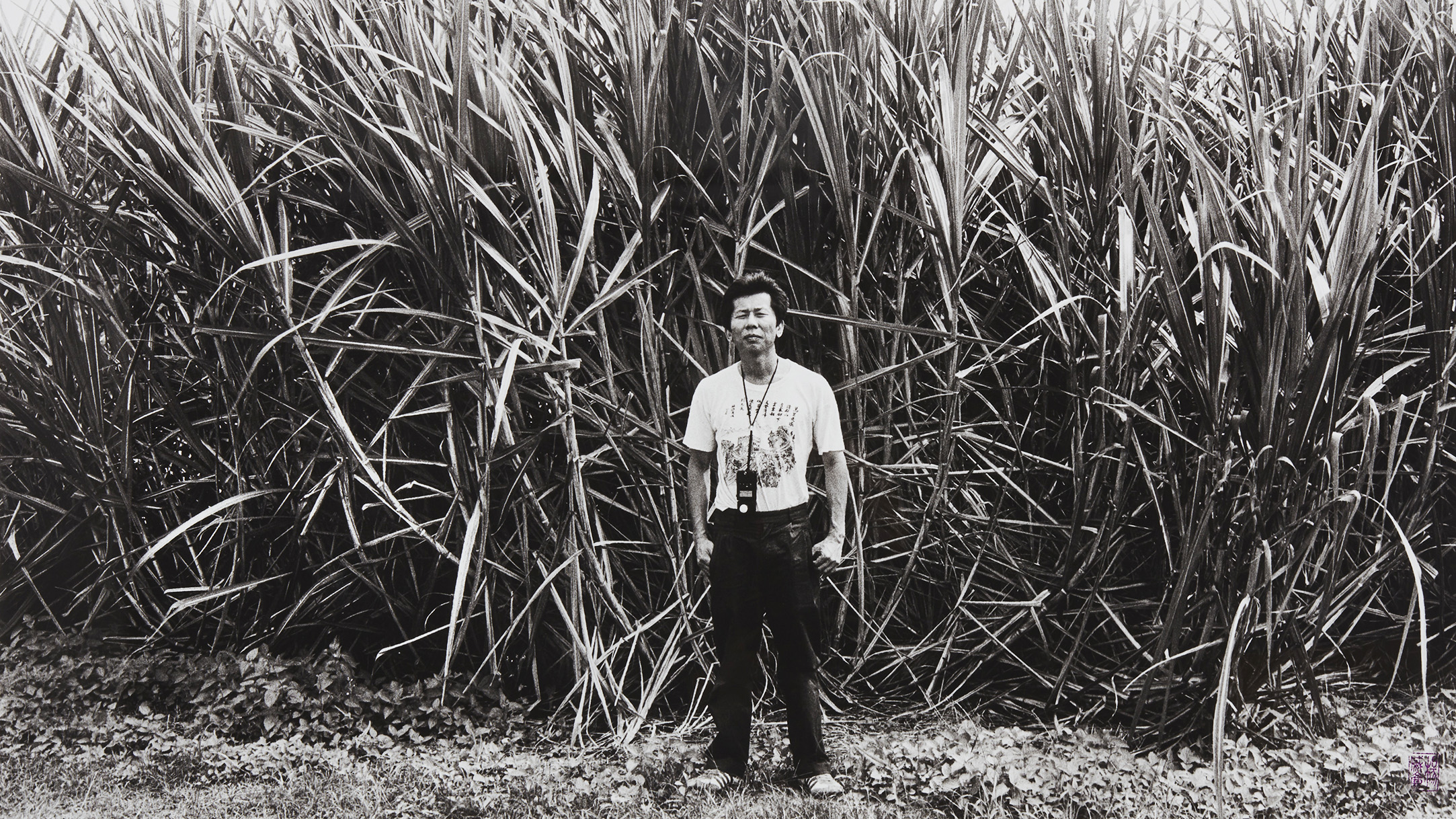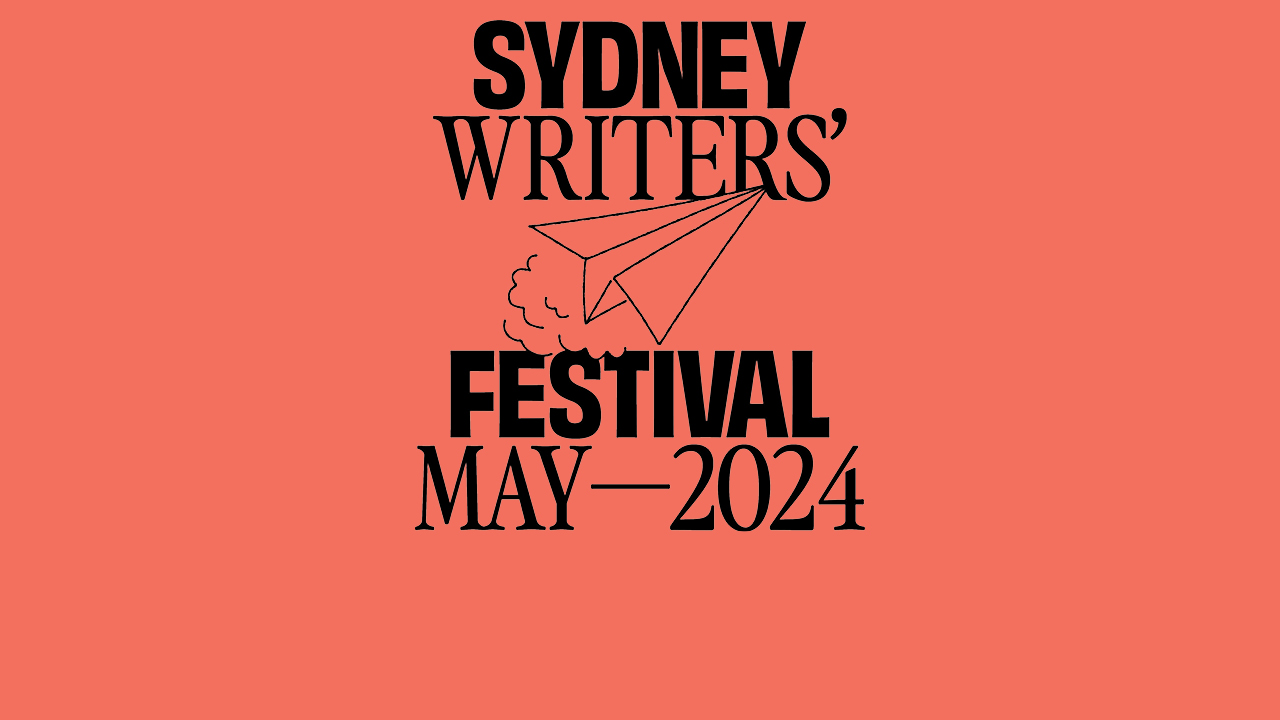Panel: Decolonial Cartographies

Join artists Megan Cope, Nikau Hindin, and Rongomai Grbic-Hoskins in conversation with 24th Biennale of Sydney Curatorial Advisor Vivian Ziherl as they discuss strategies for disrupting Western constructs of time and geography.
Together they will explore how revitalising First Nations mapping and navigational practices and technologies can become an act of decolonial cartography.
—
Presented in conjunction with the 24th Biennale of Sydney, ‘Ten Thousand Suns’ at UNSW Galleries, 9 March – 10 June 2024.
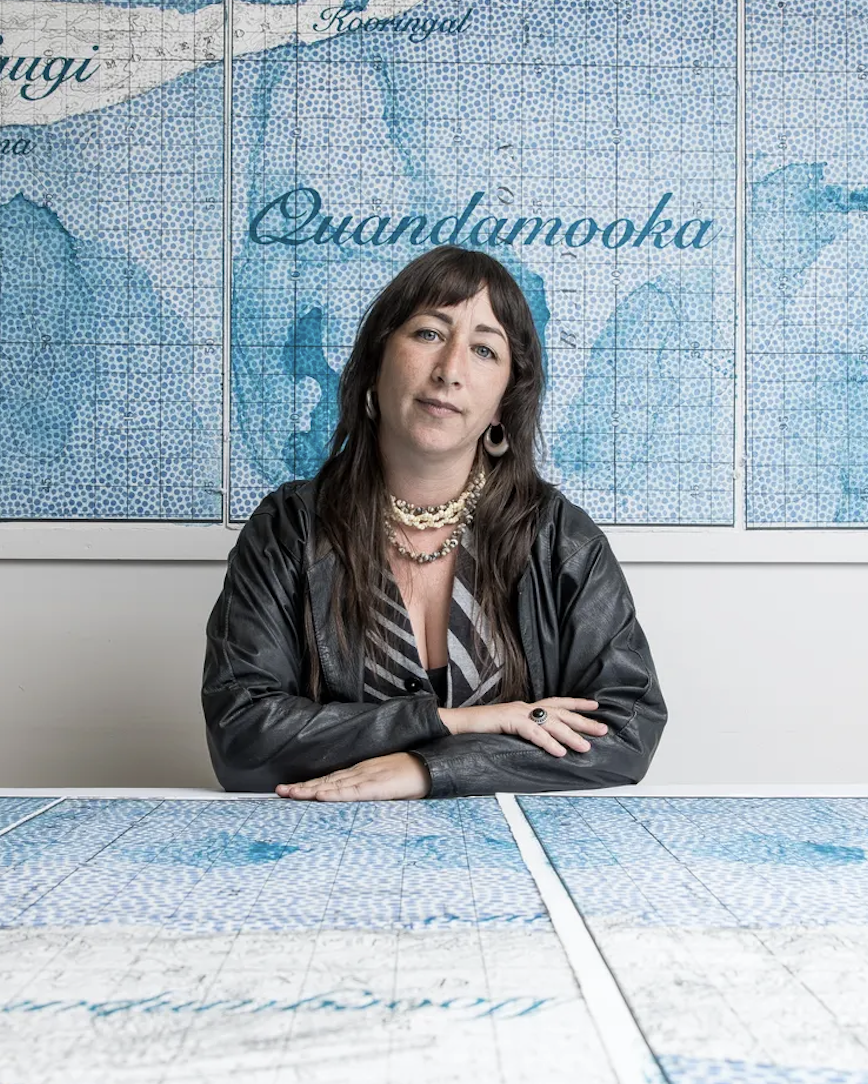
Megan Cope
ArtistMegan Cope is a Quandamooka artist from Moreton Bay/North Stradbroke Island. Her site-specific sculptural installations, video work, paintings and public art investigate issues relating to colonial histories, environment and mapping practices. Her artistic work is informed by her connections to Community and Country and is committed to revitalisation and continuation of Indigenous cultural knowledges through innovative contemporary art and public art practice.
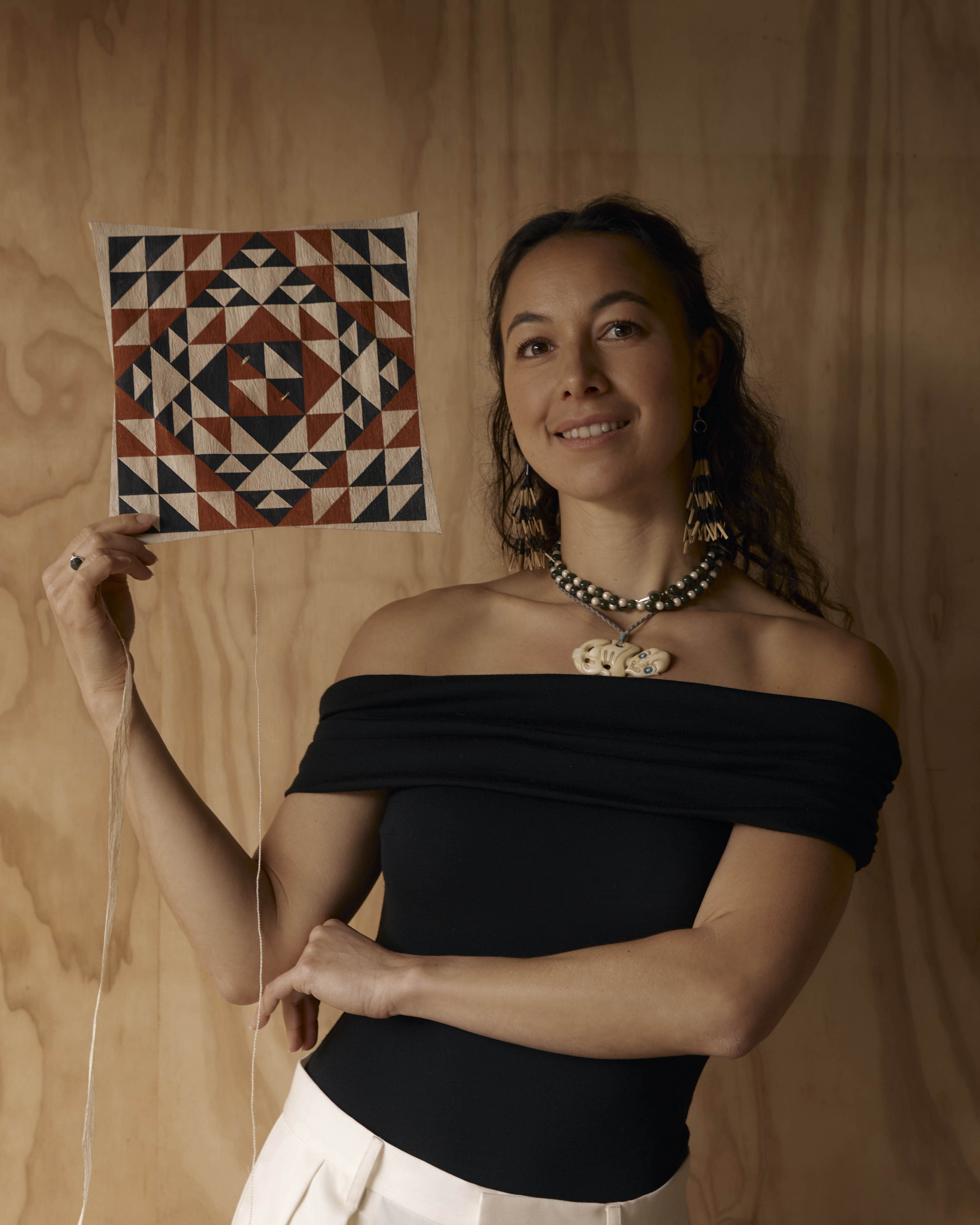
Nikau Hindin
ArtistNikau Hindin is a contemporary Māori artist deeply engaged in the renewal of the Māori aute (bark cloth) making tradition in Aotearoa New Zealand. Unlike other bark lineages across Te Moana Nui a Kiwa (The Great Ocean), the Māori bark cloth technique that Hindin employs was last practiced in Aotearoa more than a century ago when the paper mulberry tree that is the main source of bark was almost made extinct. Including motifs from Māori culture as well as other designs, architecture, and textile traditions, Hindin uses the bark as an instrument to express Indigenous technological lineages.
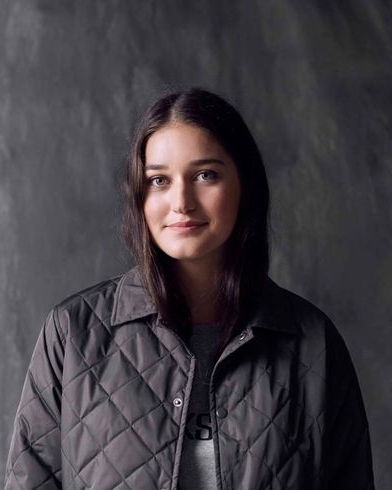
Rongomai Grbic-Hoskins
ArtistRongomai Grbic-Hoskins is an emerging curator and multi-disciplinary artist based in Tāmaki Makaurau. Her developing approach to these practices is shaped by her understanding of the world as dynamic whakapapa relations. She sees relational engagement with non-human others, including taonga, as generative. Such an understanding is bound by the underpinning concepts and processes of tapu, mauri, utu and mana, encompassed by Te Ao Māori.
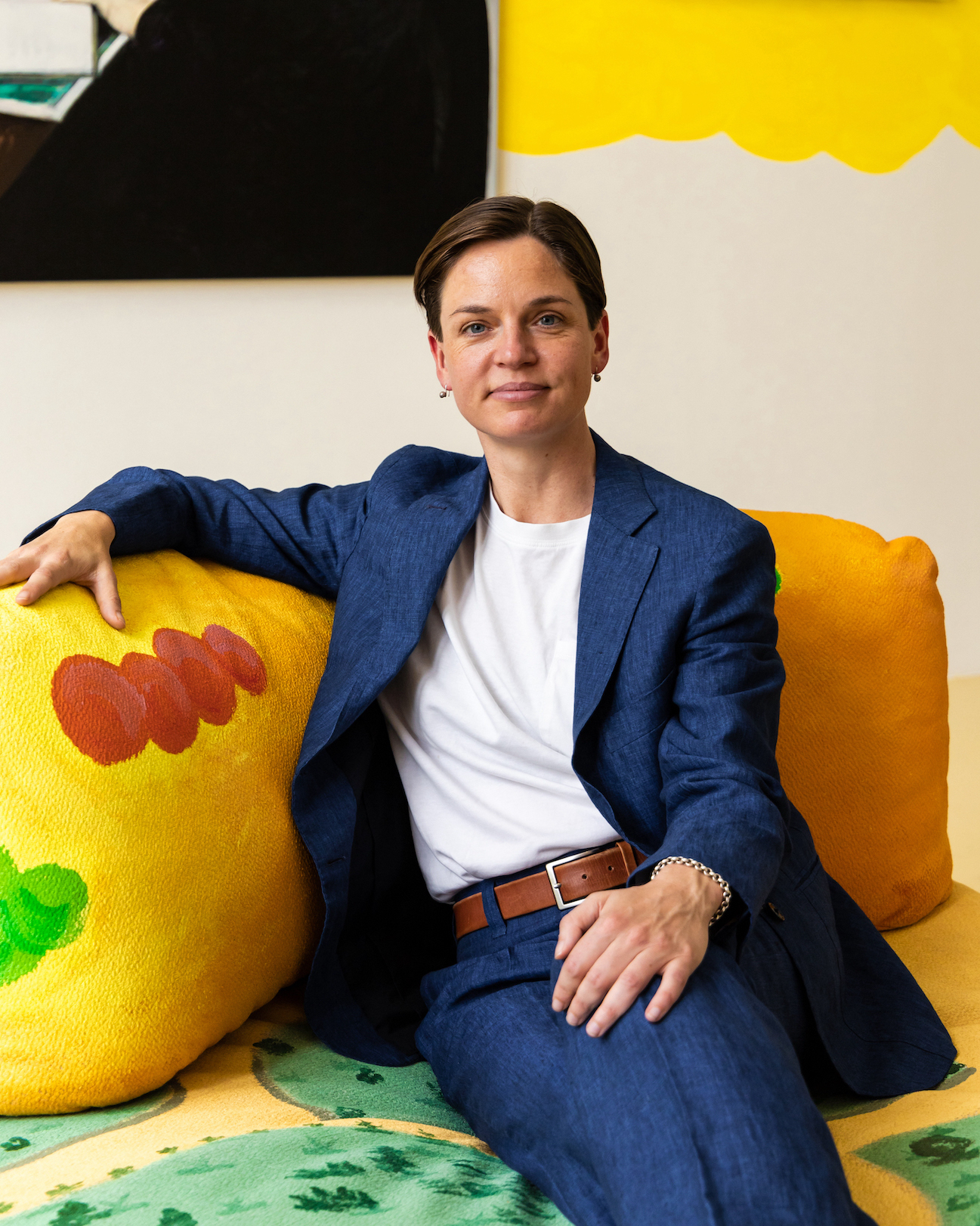
Vivian Ziherl
Curatorial AdvisorVivian Ziherl is Curatorial Advisor of the 24th Biennale of Sydney. She is one of Australia’s foremost curators working in the international field of contemporary art, with extensive experience across Europe, the Middle East/West Asia, the Asia Pacific and in North America. As founding Director of Frontier Imaginaries and in her current role as Research and Programs Manager at Kunstinstituut Melly she has guided urgent dialogues led by landmark artistic projects. Ziherl holds a PhD in Curatorial Studies from Monash University and has published widely at the intersection of contemporary art, the politics of heritage and institutional accountability.
Explore the 24th Biennale of Sydney at UNSW Galleries
